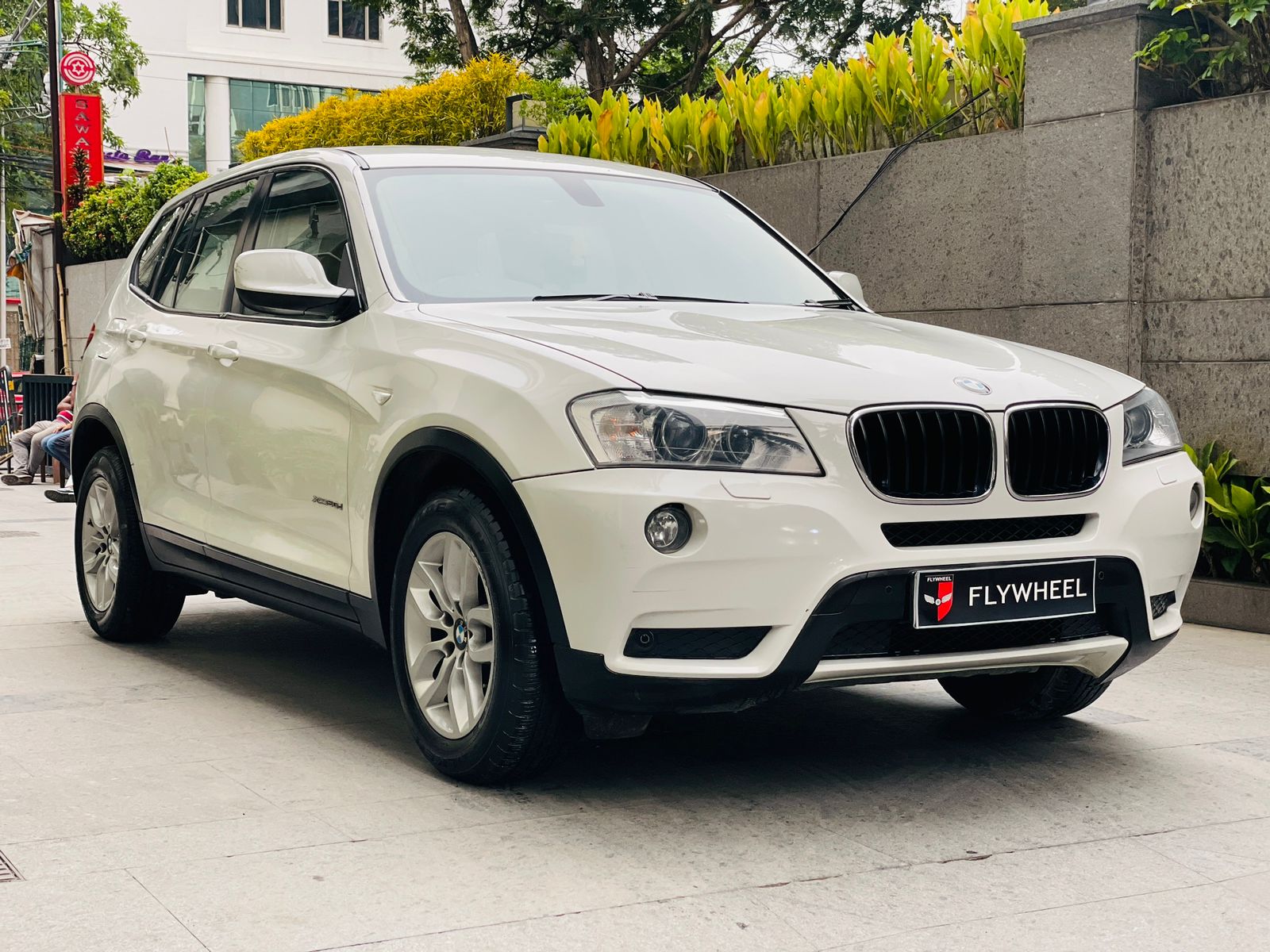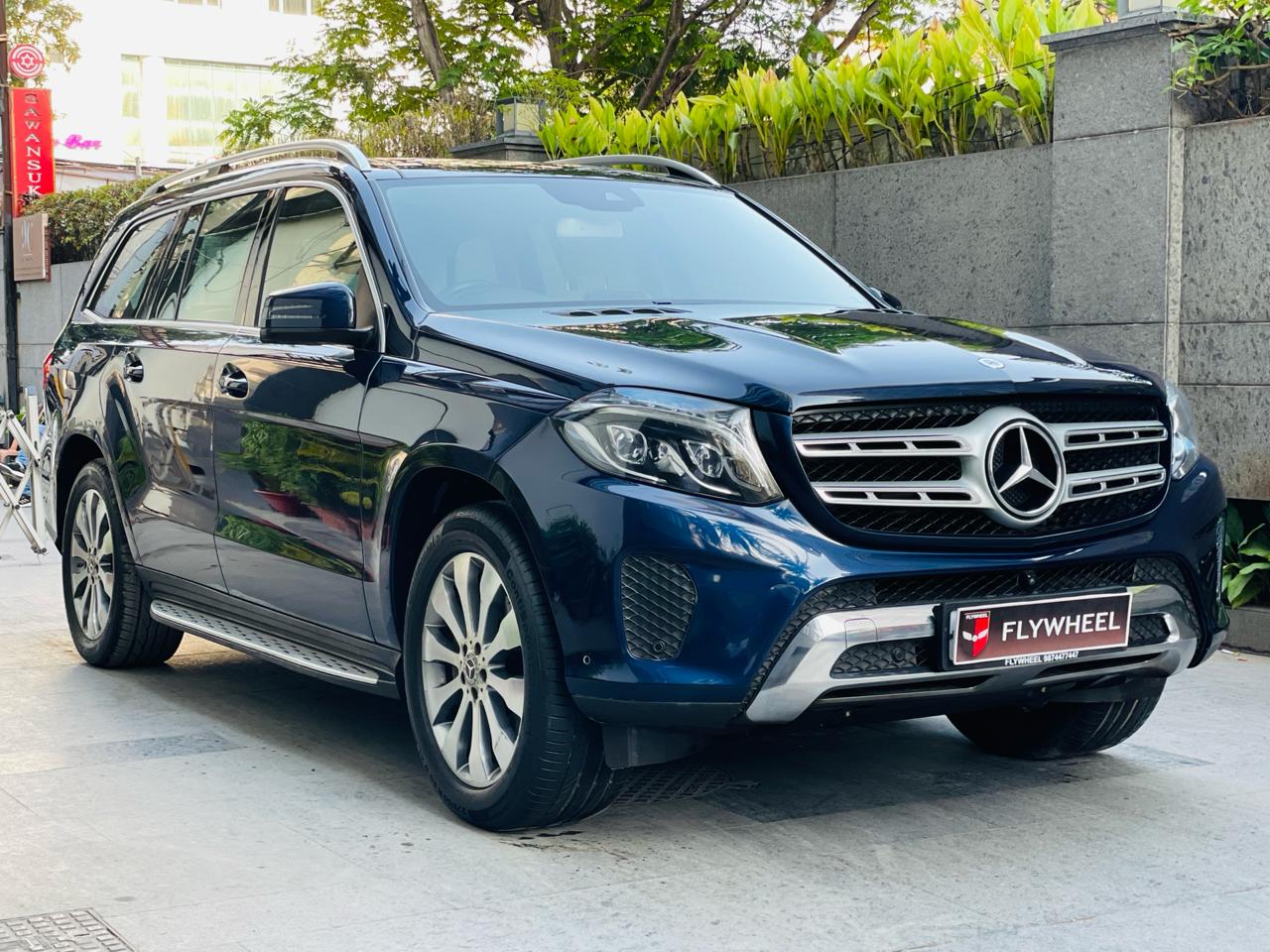flywheel cars
flywheel cars in india
flywheel cars in kolkata
FLYWHEEL INDIA
flywheel kolkata
preowned car
preowned cars
preowned cars for sale
preowned cars in india
preowned cars in kolkata
preowned cars sedan price in india
preowned suv cars in india
preowned suv price in india
second hand car
second hand car in india
second hand car in kolkata
second hand cars in india
second hand dealership in kolkata
second hand suv
used car buys
used car in kolkata
used car suv
used cars
used cars buy
used cars for sale
used cars in india
used cars in kolkata
used cars india
used cars kolkata
used cars sale
used cars sedan

Engine Maintenance : Expert Tips for Used Car in 2024 Enhance Performance and Ensure Longevity
Maintaining a used car’s engine in 2024 requires a proactive approach, blending traditional practices with modern technology. As vehicles become more sophisticated, ensuring optimal engine performance and longevity involves a combination of routine checks, timely maintenance, and utilizing advancements in automotive care. Here are expert tips for used car engine maintenance, with a focus on enhancing performance and ensuring longevity.



Tips for Used Car Engine Maintenance 2024
1. Adhere to Regular Oil Changes
Oil changes are fundamental to engine health. In 2024, synthetic oils offer extended intervals between changes, but it’s crucial to follow the manufacturer’s recommendations. Regularly checking oil levels and quality helps prevent engine wear, improves efficiency, and maintains used car performance. Ensure you use the correct oil grade and follow the prescribed change intervals.
2. Maintain Air Filters
Air filters protect the engine from debris and ensure optimal air flow for combustion. A clean air filter improves fuel efficiency and acceleration. Inspect the air filter every 12,000 to 15,000 miles or as recommended in the vehicle’s manual. Replacing a clogged filter is a simple and effective way to enhance engine performance.
3. Check the Cooling System
The cooling system prevents engine overheating, which can cause severe damage. Regularly check coolant levels and inspect for leaks. Use the recommended coolant type and follow maintenance schedules for flushing and replacing coolant. A well-maintained cooling system is essential for preventing engine damage and maintaining used car performance.
4. Inspect Spark Plugs
Spark plugs are critical for proper combustion. Worn or dirty spark plugs can lead to misfires and reduced fuel efficiency. Although modern spark plugs last longer, they still need periodic inspection and replacement. Follow your vehicle’s maintenance schedule to ensure optimal engine performance.
5. Monitor Timing Belts and Chains
The timing belt or chain ensures precise engine timing. A failing timing belt can lead to catastrophic engine damage. Timing chains, though more durable, still require inspection. Adhere to the manufacturer’s replacement intervals and have these components checked regularly to avoid costly repairs.
6. Maintain the Fuel System
A clean fuel system is essential for engine efficiency. Use high-quality fuel and consider periodic use of fuel system cleaners to prevent deposits. Regularly replace the fuel filter to ensure proper fuel flow and prevent performance issues.
7. Track Engine Performance
Modern vehicles come with diagnostic systems that alert you to potential problems. Pay attention to warning lights and unusual sounds. Regularly using a diagnostic tool can help identify issues early. Monitoring performance metrics like fuel economy and acceleration can also help in early detection of maintenance needs.
8. Keep the Engine Clean
A clean engine runs more efficiently and is easier to inspect. Regularly wash the engine bay using appropriate cleaning products. Avoid getting water into electrical components. A clean engine helps prevent overheating and reduces wear and tear.
9. Inspect Belts and Hoses
Belts and hoses are crucial for engine operation. Regularly check for signs of wear such as cracks or leaks. Replace any damaged belts or hoses to avoid engine malfunctions. Rubber components degrade over time, so routine inspection is essential.
10. Stay Updated with Software
Modern engines often rely on software for optimal performance. Check for updates from your dealership or service center. Keeping your vehicle’s software up-to-date can improve engine management and efficiency, particularly important for used cars that may not have the latest updates.



Conclusion
Maintaining a used car’s engine in 2024 involves combining traditional care with modern practices. Regular oil changes, air filter replacements, cooling system checks, and spark plug inspections are crucial. Monitoring timing belts, keeping the fuel system clean, and staying updated with software ensure optimal performance. These practices enhance engine efficiency, extend its lifespan, and contribute to a smooth, reliable driving experience
Where to Buy the Best Used Cars in Kolkata
In Kolkata, several reputable dealerships specialize in used cars 2024, offering a wide selection of vehicles that are thoroughly inspected and certified. Dealerships like Flywheel Cars, provide a range of pre-owned vehicles that meet stringent quality standards, ensuring that buyers receive the best value for their money.
At Flywheel Cars We are thrilled to introduce our new section dedicated to luxury used vehicles, featuring a handpicked collection of premium cars at exceptional prices. Situated in Kolkata, West Bengal, our showroom is devoted to showcasing the highest quality, genuine vehicles. Whether you’re looking for a brand-new model or a carefully preserved pre-owned car, we offer a variety of choices to suit every budget and taste. Find the ideal vehicle that perfectly complements your style and comfort with us
FAQs
1. How often should I change the oil in a used car?
The frequency of oil changes depends on your vehicle’s make and model, as well as the type of oil used. In 2024, many cars use advanced synthetic oils that can last longer, typically between 7,500 to 10,000 miles. However, always refer to your vehicle’s owner’s manual for the manufacturer’s recommended oil change interval. Regular oil changes are essential to prevent engine wear and maintain optimal performance.
2. What are the signs that my air filter needs to be replaced?
A clogged or dirty air filter can impact engine performance and fuel efficiency. Signs that your air filter may need replacement include reduced acceleration, decreased fuel efficiency, unusual engine sounds, or a noticeable drop in engine performance. Regularly checking and replacing the air filter every 12,000 to 15,000 miles, or as recommended, helps maintain smooth engine operation.
3. How can I tell if my spark plugs need to be replaced?
Worn or faulty spark plugs can cause misfires, poor acceleration, and reduced fuel efficiency. Symptoms of failing spark plugs include rough idling, difficulty starting the engine, and poor acceleration. It’s important to inspect spark plugs periodically and replace them according to your vehicle’s maintenance schedule, typically every 30,000 to 50,000 miles, to ensure proper engine function.
4. When should I inspect or replace the timing belt or chain?
The timing belt or chain is crucial for synchronizing engine components. For timing belts, replacement is usually recommended every 60,000 to 100,000 miles, but check your vehicle’s manual for specific intervals. Timing chains often last longer but should still be inspected regularly. A failing timing belt or chain can cause severe engine damage, so timely replacement is crucial.
5. What are the benefits of staying current with engine software updates?
Engine software updates can enhance performance, fuel efficiency, and overall vehicle management. Manufacturers often release updates to improve engine control systems and address performance issues. Staying current with these updates can ensure your vehicle operates smoothly and efficiently, and it can also help resolve any bugs or issues that may arise. Check with your dealership or service center to ensure your vehicle’s software is up-to-date.
More Interesting Blogs To Read:
Used Cars: 10 Ultimate Guide to Buying – Expert Tips and Tricks for a Smart Purchase.
Cristiano Ronaldo’s Need for Speed: Exploring His Extravagant Car Collection
100 Inspiring Car Captions and Quotes to Fuel Your Enthusiasm
Ranked as the top used car dealer in Kolkata, Flywheel specializes in offering a wide range of premium vehicles to our clients. Our unwavering commitment to customer satisfaction and uncompromising dedication to quality set us apart in the industry.


